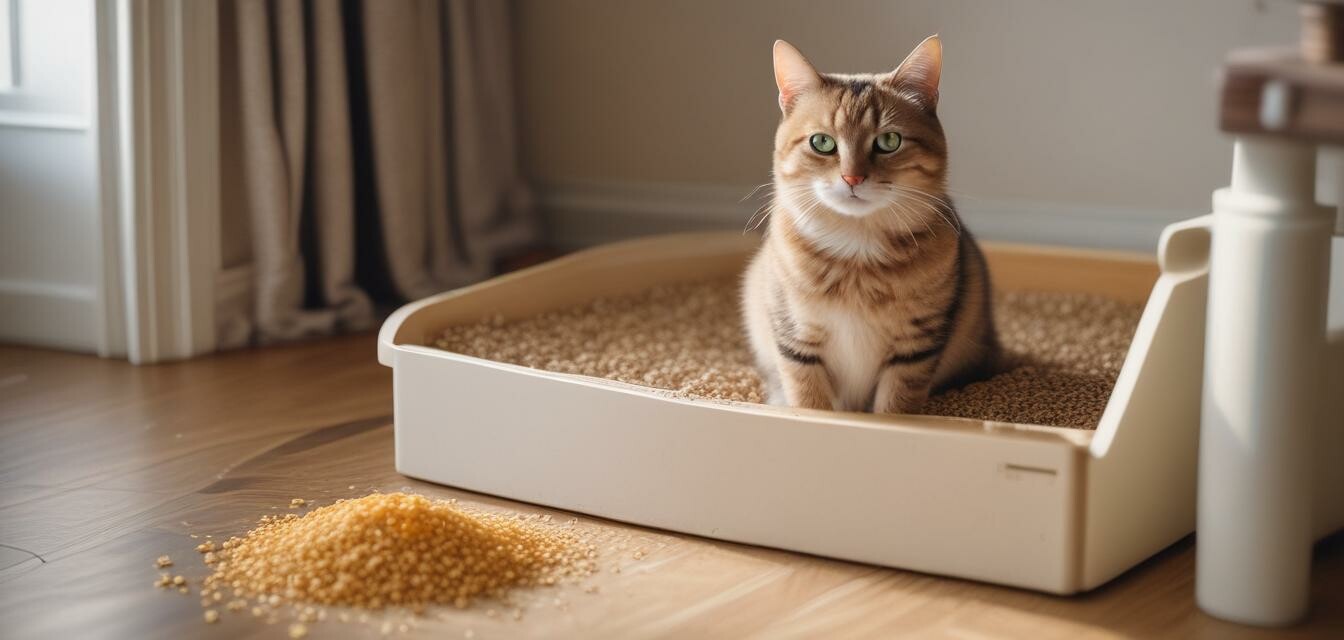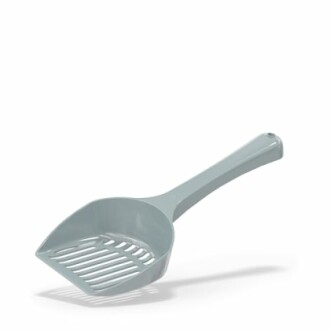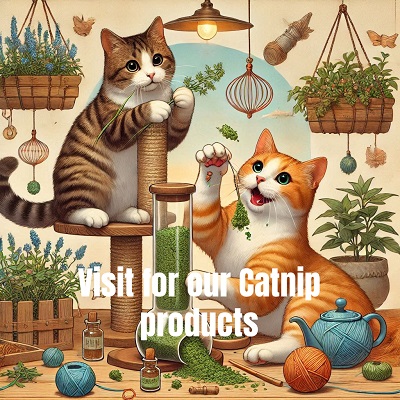
Choosing the Best Litter for Your Cat
Key Takeaways
- Consider your cat's preferences and health needs when choosing litter.
- Evaluate different types of litter materials, including clumping and non-clumping options.
- Look into odor control and dust levels for a cleaner home environment.
- Understand your budget and find a product that offers good value for money.
Finding the right litter for your cat can greatly impact their comfort and cleanliness. With various options available on the market, it's essential to understand each type's advantages and disadvantages. This comprehensive guide will help you make an informed choice for your feline friend by considering their preferences and health needs, all while ensuring a hassle-free shopping experience.
Types of Cat Litter
Before purchasing cat litter, familiarize yourself with the main types available. Each type has its pros and cons, which can affect your cat's preferences and overall well-being.
| Type of Litter | Material | Pros | Cons |
|---|---|---|---|
| Clay | Natural clay minerals | Good odor control, absorbent, clumping | Dusty, heavy, non-biodegradable |
| Wood | Recycled wood products | Biodegradable, pleasant scent, low dust | Less clumping ability, may require frequent changing |
| Corn | Corn kernels | Flushable, clumping, natural | Can be more expensive, less available |
| Paper | Recycled paper | Low dust, good for sensitive cats | Less odor control, non-clumping |
| Crystal | Sodium silicate | Low dust, absorbs odor, reusable | Can be abrasive, may not be preferred by all cats |
Factors to Consider When Choosing Cat Litter
When selecting litter, keep these important factors in mind:
- Cat's Preferences: Observe what type of litter your cat seems to prefer. A happy cat is likely to use the litter box consistently.
- Switching Litter: If transitioning to a new litter, do it gradually to allow your cat to adjust to the new texture and scent.
- Odor Control: Look for litters that effectively control odors, which is essential for your living environment and your cat's comfort.
- Health Needs: If your cat has allergies or respiratory issues, consider litter options with low dust and hypoallergenic properties.
- Environmental Impact: Consider eco-friendly options if sustainability is a priority for you.
Popular Cat Litters on the Market
To give you a head start, here are some popular cat litters that many cat owners recommend:
Litter Genie Litter Scoop
The Litter Genie Scoop makes cleanup easy and efficient with its sturdy construction and ergonomic design.
Learn MoreHow to Train Your Cat to Use the Litter Box
When transitioning to a new type of litter, you may need to help your cat adjust. Here are some tips to aid the process:
- Place the litter box in a quiet and accessible location.
- Introduce the new litter gradually by mixing it with the old litter.
- Provide positive reinforcement when your cat uses the litter box.
- Keep the litter box clean by scooping daily and changing the litter regularly.
Cleaning and Maintenance Tips
Maintaining a clean litter box is crucial for your cat's health and your home's hygiene. Here’s a quick maintenance guide:
- Scooping: Scoop out clumps at least once a day.
- Deep Cleaning: Once a week, wash the litter box with mild soap and water.
- Litter Replacement: Change the litter entirely at least once a month.
- Odor Eliminators: Consider using odor-eliminating sprays specifically designed for litter boxes.
How to Dispose of Cat Litter Properly
Proper disposal is essential for maintaining a clean environment. Here are eco-friendly ways to dispose of different types of litter:
- Clay Litter: Seal it in a plastic bag before placing it in the trash.
- Biodegradable Litter: Some types can be composted. Check packaging for instructions.
- Crystal Litter: Dispose of in regular trash. Avoid flushing down the toilet.
Pros
- A variety of options to suit every cat’s preferences.
- Different materials for different environmental impacts.
- Effective odor control with the right choice of litter.
Cons
- Some litters can be dusty or irritating for sensitive cats.
- Cost can vary significantly based on material choice.
- Transitioning from one litter to another may take time.
Conclusion
Choosing the right litter for your cat is essential for their comfort and hygiene. Consider your cat's preferences and health needs while also keeping environmental factors in mind. Explore the different types of litter available, and don’t hesitate to adjust if your cat displays any discomfort with your final choice. With the right litter, both you and your cat can enjoy a cleaner and more pleasant environment!



